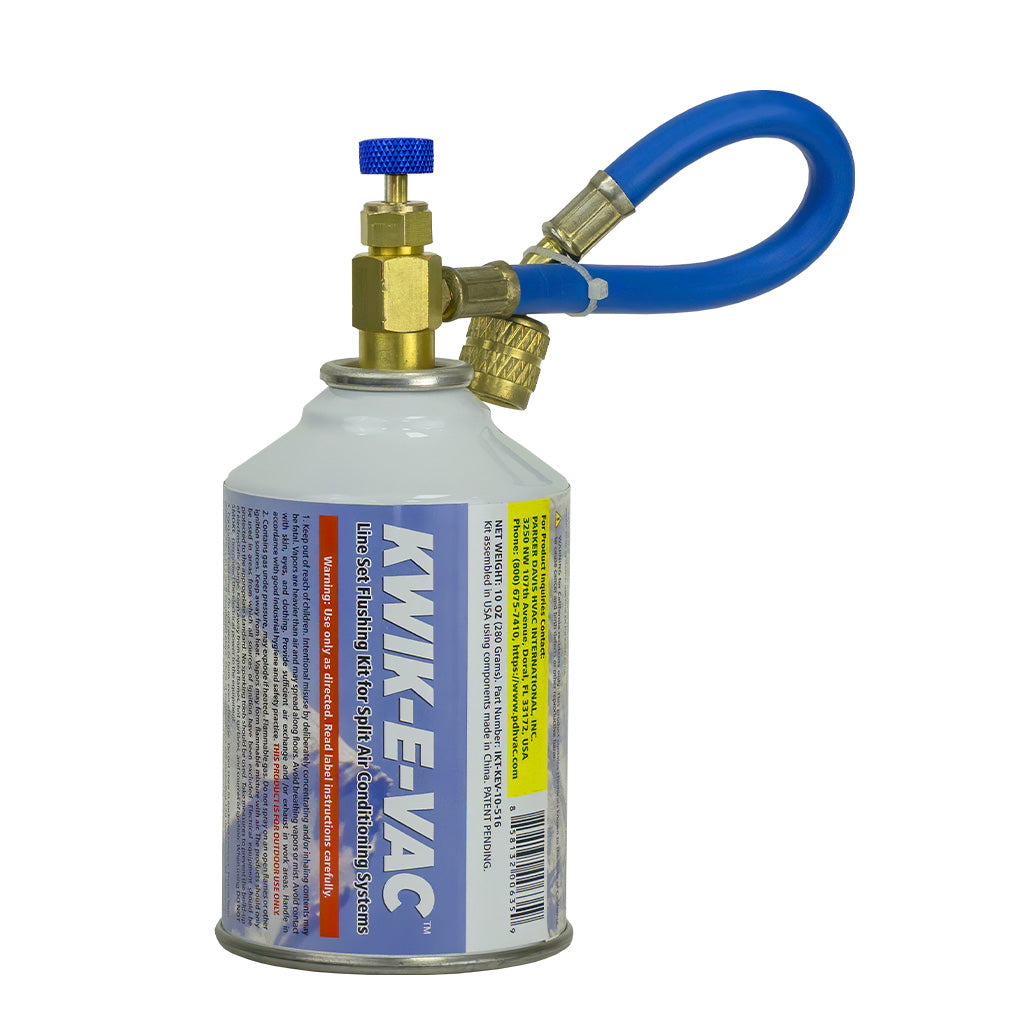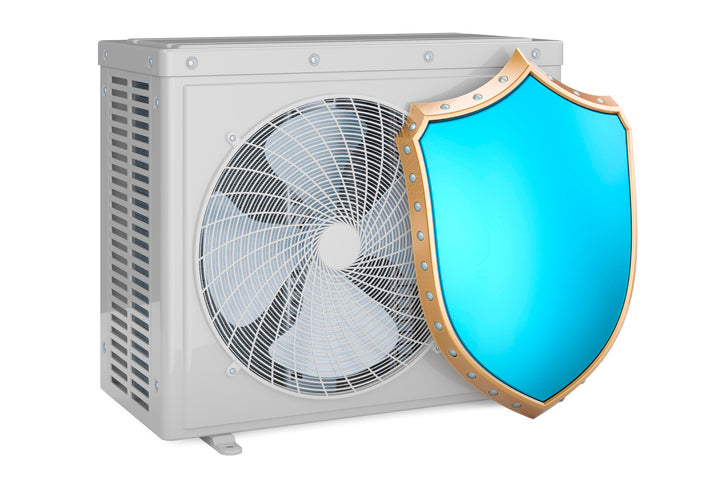How HVAC Systems Impact Indoor Environmental Quality

For homeowners, construction crews, and real estate investors, understanding how HVAC systems influence indoor environmental quality (IEQ) is essential. An HVAC system plays a significant role in creating a safe and pleasant living environment. To ensure your living space is as clean as possible, we’ll explore how HVAC systems impact indoor environmental quality and offer practical tips for maintenance and upkeep.
What Is Indoor Environmental Quality?
Indoor environmental quality (IEQ) has to do with how healthy a building’s environment is in relation to those who occupy the space. Factors such as air quality, lighting, thermal conditions, and acoustics all contribute to IEQ. A good IEQ can enhance comfort, productivity, and overall health, making it a crucial consideration for anyone who owns, builds, or invests in properties.
The Role of HVAC Systems in IEQ
HVAC systems are pivotal in maintaining and improving IEQ. They regulate temperature, manage humidity levels, filter out pollutants, and ensure a steady flow of fresh air. However, if not properly maintained, they can also become sources of indoor pollution and discomfort.
Temperature Regulation
One of the primary functions of an HVAC system is to maintain a comfortable indoor temperature. During summer, air conditioners cool down the interior, while in winter, heating systems keep the space warm. This temperature control is vital for comfort and also has health implications. It can help vulnerable populations, such as elderly individuals and those with chronic illnesses.
Air Quality
The air quality inside your home or building significantly affects your health. Poor indoor air quality can lead to respiratory issues, allergies, and other health problems. HVAC systems can help by filtering out dust, pollen, and other pollutants, ensuring the air you breathe is clean and healthy.
Humidity Control
Humidity levels can make a significant difference in how comfortable a building feels. High humidity can make the air feel sticky and uncomfortable, while low humidity can dry out skin and mucous membranes. HVAC systems help maintain optimal humidity levels (typically between 30 and 50 percent) to ensure comfort and health.
Ventilation
Proper ventilation is crucial for removing stale air and bringing in fresh outdoor air. This exchange helps dilute indoor pollutants and provides a constant supply of oxygen. HVAC systems with good ventilation capabilities can improve air circulation and enhance indoor air quality.
The Importance of Maintenance and Upkeep
Regular maintenance is crucial for ensuring that HVAC systems continue to function efficiently and effectively. This includes changing filters, cleaning ducts, and inspecting components for wear and tear. Neglecting maintenance can lead to system failures, increased energy consumption, and, ultimately, poor indoor air quality.
Get More out of Your HVAC Investment
Understanding how HVAC systems impact indoor environmental quality is crucial. These systems play a vital role in maintaining comfort, health, and efficiency within a building. By investing in high-quality, well-maintained HVAC systems, you can create a better living environment, increase property value, and contribute to a more sustainable future.
If you’re looking for ways to improve your home’s indoor environmental quality, get concealed duct mini splits from Pioneer Mini Split. They’re affordable and durable, ensuring you get the most out of your investment.







